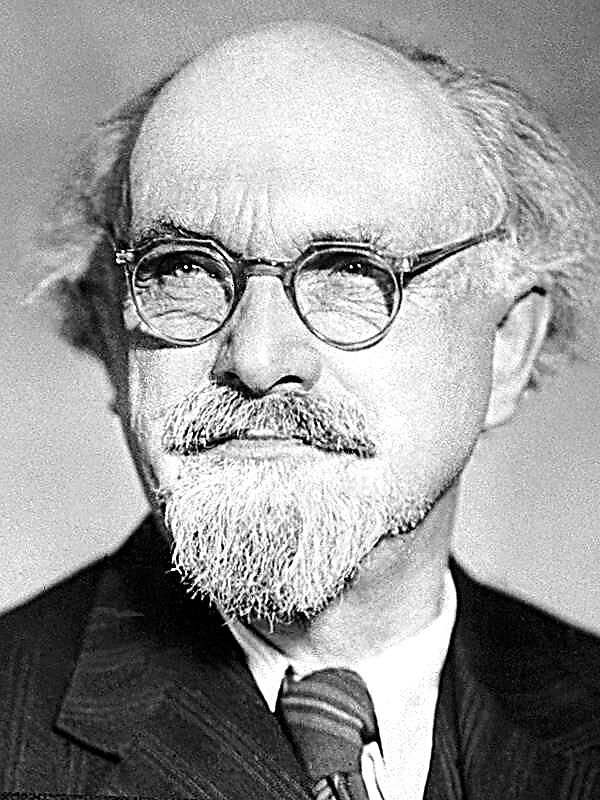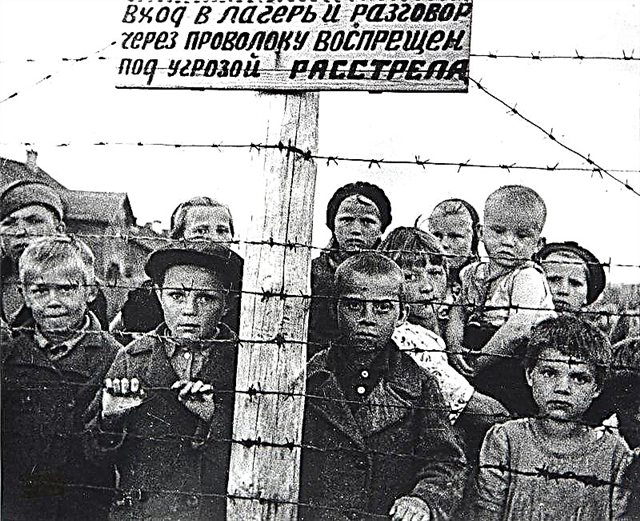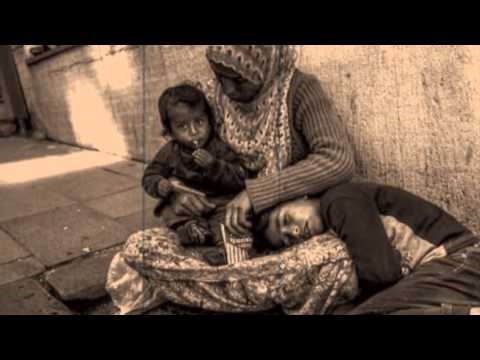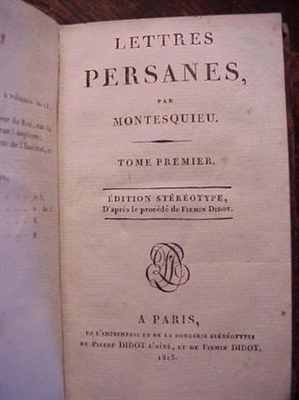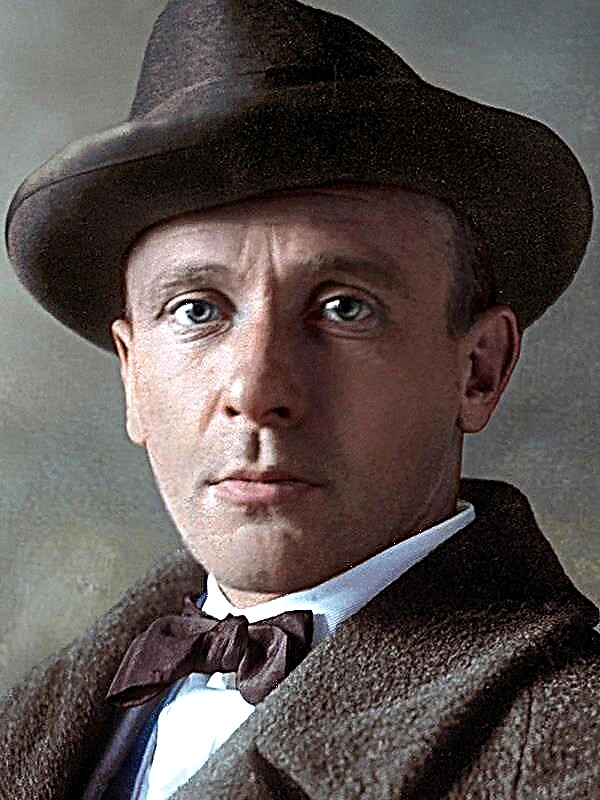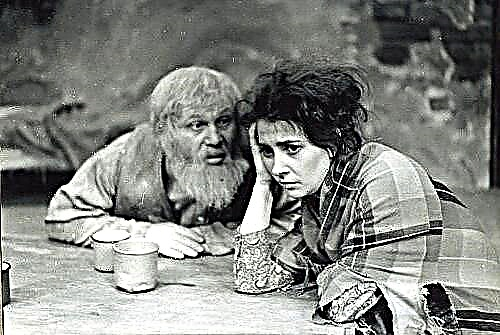Share
Pin
Tweet
Send
Share
Send
In this collection, we focused on those aspects of the problem of vulgarity that are most often found in texts for preparing for the exam in the Russian language. To them are selected arguments from the literature, revealing the essence of the issue. All of them are available for download in the form of a table, see the link at the end of the article.
Vulgarity as a worldview
- Often a person remains blind in relation to himself. He may not be aware of his vices, justifying himself through comparison with other people. IN novel F.M. Dostoevsky's "Humiliated and Offended" the hero is so selfish and vulgar in nature that he literally breaks the people around him. Prince Valkovsky is rich and has a huge influence on others. He easily deceives gullible acquaintances, makes them believe that he is a friend and helper. For example, the prince pretends to be happy about his son’s engagement with a girl from a noble family, and is glad about her father, who considers Valkovsky to be his friend. But he does all this only for the sake of enrichment. His motives are vile, and tastes are mediocre. But he constantly compares himself with those below him on the social ladder, and this comparison gives him an imaginary right to exalt himself. He sees in lower people small fry, unworthy of his noble attention. But it is precisely this petty complacency that makes him a truly vulgar person.
- In L. Carroll's “Alice in Wonderland”Queen of Hearts is the embodiment of human vices. She is selfish, cruel, vulgar by nature. For any disobedience, the heroine immediately shouts: "Cut off the head." Instead of managing her kingdom, helping her subjects and solving difficult tasks, she prefers to play croquet and imagine herself an icon of style and a model of upbringing. The heroine does not know how, does not stand out in anything, but, nevertheless, puts herself and her petty whims above the fate of the country. In this narrowness of views, vulgarity of man is manifested.
Contagiousness of vulgarity
- Vulgarity is all fake, fake that a mediocre person can show, invent, to appear not to be who he really is. Sometimes this behavior becomes contagious. So in the story of A.P. Chekhov "Ionych" the protagonist is an intelligent person, a doctor. He moves to a small town where he meets the Turkins family. Although they seem to be one of the noblest families, they are in fact petty and limited people. They are trying to create an image of a cheerful, unobtrusive atmosphere in the house: they read poetry, play the piano. However, all this is flimsy, ostentatious. Rejecting the hero’s proposal to marry, Ekaterina Ivanova breaks the veil from the hero’s eyes and dooms him to the same “stagnant”, unchanging life. Over the years, the hero gets fat, begins to easily get annoyed, acquires two estates and prefers to spend evenings in clubs. From the old young and purposeful person there is no trace left, the life and life of the city, vulgar by the nature of the Turkins, absorbs it and makes it the same.
- From the first pages of the epic novel L.N. Tolstoy "War and Peace" we are introduced to the vulgar and immoral in nature Anatoly Kuragin. He prefers to spend his life at the balls, is not ashamed to look after a lot of girls and is not shy about what they say about him. His lifestyle seems cheerful and carefree, but he is disgusting in nature. In the first days in Russia, the main character of the work, Pierre Bezukhov succumbs to the charm of such a life. He meets with Anatole, and they spend several days drinking and having fun. It all comes to the point that an intelligent, educated and intelligent Pierre is involved in an adventure. They tie the quarter to the bear. Because of this incident, the reputation of the protagonist spoils, and he blames himself, realizing his own moral decline.
Vulgarity in philistinism
- The manifestation of vulgarity in the middle class is accurately shown in the novel M.A. Bulgakova "The Master and Margarita". The writer tried to reflect the Russian reality of the early twentieth century. One of the heroes, Nikanor Ivanovich Bosoy, uses his power to constantly demand money from residents. He only does what he asks: “Will Pushkin pay for the apartment?”, And then extorts bribes. Woland punishes him for this baseness of his soul. But who knows, maybe there is another Nikanor in the neighboring house who lives with the same philistine set of values: to raise capital at all costs, to provide himself with vodka and refreshments, to find the same petty and limited woman to spend well-fed and monotonous days together.
- In his special manner describes the vulgarity of the philistine estate V.V. Mayakovsky in the poem "About rubbish". He depicts in a satirical manner Soviet inhabitants who penetrate all posts in all institutions. However, they seek to occupy high posts not for the good of the country, but for their own selfish purposes. In order to drink tea at a samovar at work, get an increase of $ 24 thousand and buy a wife a dress with a sickle and a hammer, otherwise you can’t appear at the ball without a great symbol. The poet believes that in such a mire of routine and lack of initiative, the great work of building socialism is linked.
The manifestation of vulgarity in arrogance
- Sometimes vulgarity is visible through the desire of people to embellish their successes in front of other people, even completely strangers. Vividly reveals this problem A.P. Chekhov in the story "Order". The author shows the life of an ordinary teacher. The character Leo Pustyakov has a speaking surname, warning the reader in advance of his nearness and insignificance. The hero is going to celebrate the new year and asks his friend to borrow the order in order to impress two daughters of the merchant Sinichkin. On a visit, he meets his colleague, a French teacher, who also decorated his chest with a fake order. The hero is not ashamed of deception, on the contrary, he feels better at heart when he realizes that he is not lying alone. Pustyakov even begins to regret that he took the order too low in rank.
- Vulgar people, according to N.V. Gogol is a vain egoist who seeks to show others his significance, which does not actually exist. IN comedy "The Examiner" a small official Khlestakov accidentally mistaken for an auditor. The young man realizes the situation he is in, and instead of telling people the truth, he begins to use his position for the benefit. He collects bribes, lives in a luxurious house and takes care of the daughter and wife of the city dweller, and, despite meeting in a few days, he asks for the hand of his daughter. In this situation, he exposes his primitive desires and needs. The whole comic of the situation is that the father agrees to a marriage of convenience, and I am glad about this. Vulgarity is manifested not only in Khlestakov, it infected the whole city, and the main character was only lucky to be in this situation.
- In the play by A.N. Ostrovsky "Dowry" The example of a vulgar man by nature is perfectly shown. Mr. Karandyshev constantly strives to put himself in the best light, to exalt himself before the rich people of his city. During the preparation of the wedding with Larisa Ogudalova, the reader sees the baseness of the hero’s soul. He tells everyone that the most beautiful and smart girl agreed to marry him, because he is the most worthy candidate of all. To celebrate his engagement, he first of all invites rich and influential people. And at the same time hangs labels from expensive wine on bottles of cheap wine. His desire for self-affirmation obscures even the love of Larisa. Therefore, the bride is finally disappointed in the chosen one and runs away with Paratov.
Share
Pin
Tweet
Send
Share
Send

